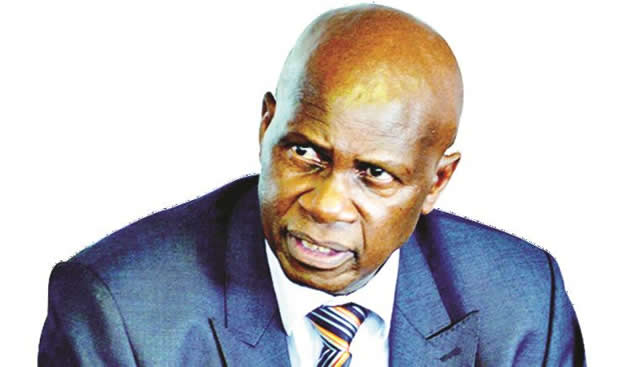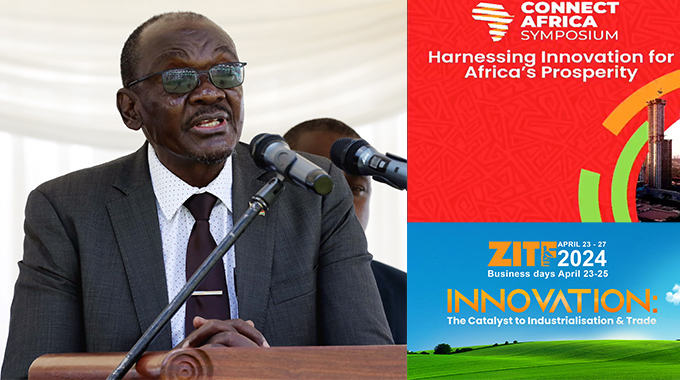SEZ investment incentives package announced

Bianca Mlilo, Business Reporter
FINANCE and Economic Development Minister Patrick Chinamasa yesterday announced a package of incentives for investments under the Special Economic Zones (SEZ) model which come into effect in January next year.
SEZs provide special incentives and favourable environment for investors, giving them comfort and more reason to set up shop in a country.
Last month President Mugabe signed into law the SEZ Bill paving way for the establishment of industries in the special zones.
“Government enacted the Special Economic Zones legislation in order to attract foreign direct investment and enhance the economy’s capacity to produce goods and services competitively,” said Chinamasa while presenting his 2017 budget statement in Parliament yesterday.
He said inorder to enhance the attractiveness of the Special Economic Zones, he was proposing to exempt companies from paying corporate income tax for the first five years of operation and thereafter a corporate tax rate of 15 percent applies.
The minister said a special initial allowance on capital equipment will be allowed at the rate of 50 percent of cost from year one and 25 percent in the subsequent two years adding that specialist expatriate staff will be taxed at a flat rate of 15 percent.
Other incentives to be awarded to players in SEZ include exemption from non-residents tax on fees on services that are not locally available, exemption from non-residents tax on royalties and dividends.
The package also includes tax holiday on capital equipment for Special Economic Zones.
“Raw materials inputs, which include raw materials and intermediate products imported for use by companies set up in the Special Economic Zones will be imported duty free,” said Chinamasa.
He, however, said duty exemption will not apply where such raw materials are produced locally. The tax incentives will apply in demarcated geographical areas and are restricted to production for export.
The special economic zones concept is not peculiar to Zimbabwe. Countries such as Ghana, Zambia and other fast-growing African countries were inspired by China to adopt the same model.
SEZs are being established to restore and drive the economy’s capacity to produce goods and services competitively.
Other objectives of the SEZ include ensuring inclusive growth emanating from the spread of growth nodes and diversified provincial offerings, maximising the economic benefits of a given geographical location and its stakeholders as well as attract more investment from the international world. — @BiancaMlilo.












Comments